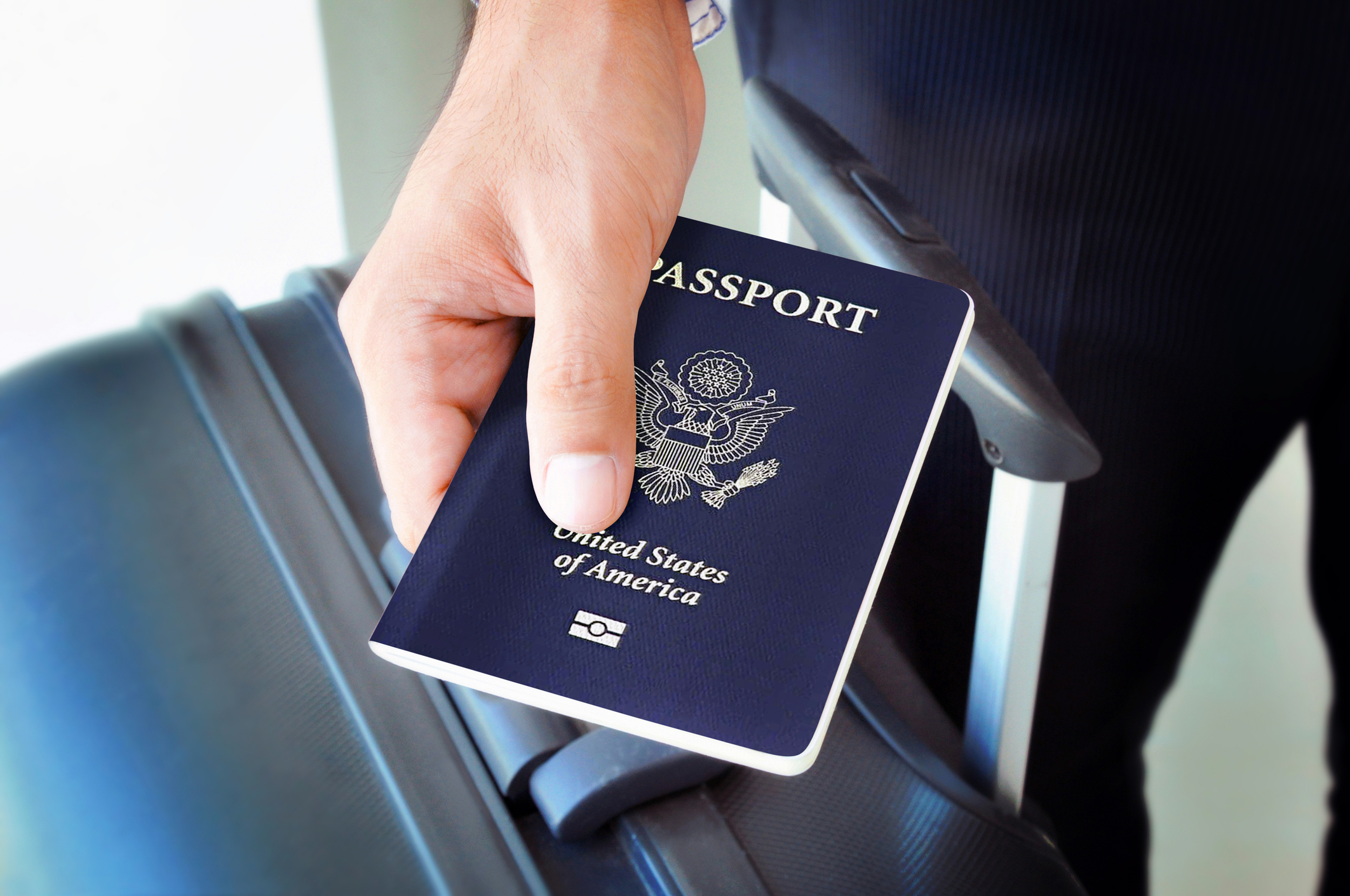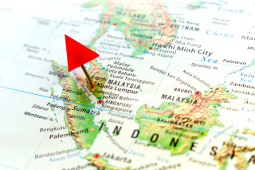Understanding and managing culture shock

Understanding and managing culture shock
Moving to a new country, where everything seems different, can be a stressful experience for expats. And it’s not just living away from home that they might need to adapt to. Moving to another part of the world could involve adjusting to a new climate, landscape, language, food, attitudes, values and even dress sense.
A degree of culture shock is expected, especially if moving away from family and friends. However, some people can experience severe reactions, which can damage their work and personal lives if not managed correctly. One common reason that an assignment job or move abroad doesn’t work out is the challenges faced by accompanying or trailing spouses.
Often spouses have to leave their careers, family and friends to join their partners’ abroad, which can leave
them out of work or opportunities to socialise. Family issues are the main reason for an expatriate’s early
return home1.
Symptoms
Some of the main symptoms of culture shock
include homesickness, anxiety, loneliness, insecurity, irritability, and even depression. It’s also normal to
have physical complaints and sleep difficulties. As a result, some expats find themselves developing negative
feelings towards their new country of residence and its culture2.
Some of the key signs that indicate that an expat or trailing spouse is suffering from culture shock include:
- Anger and resentment
- Coping with alcohol or drugs
- Unwillingness to interact with other expats and locals
- Inability to concentrate and solve simple problems
- A fear of new experiences or places
Children can also experience culture shock, similar to adults, but generally have difficulty verbalising their feelings. Therefore, some of the indications and signs in children are slightly different. These could include irritability and aggressiveness, or being overly shy or clingy3.
Adaptation
It’s useful for all expatriates to understand the adaptation process that we all go through following a move abroad. There are several stages4:
- Honeymoon phase. A thrilling time, you’re feeling great and starting a new adventure. Everything is fascinating and exhilarating; the differences seem exotic and interesting.
- Crisis phase. The excitement is over and culture shock has begun. You withdraw yourself from the local culture and only want to associate with people who share the same background as you.
- Adjustment phase. Beginning to regain a sense of perspective, you’re making friends inside and outside the expat community, rather than rejecting the local community. Again you start to enjoy the new environment and feel more comfortable, with a sense of familiarity.
- Adaptation phase. Everyday tasks and conversations have become easy and you now feel comfortable and confident in your new country. You no longer feel like an outsider.
Most people become comfortable with their new home in six to twelve months.
The final stage of the process, which not all expats will need to experience, is re-entry to your home country. The stage is called Re-entry shock. Reverse culture shock occurs when returning home after a long period away. Re-adapting to what was once home, can be as difficult as the initial move abroad.
Easing the transition
Thankfully, there are a number of ways that you can prepare for moving abroad and minimise the effects of culture shock.
Research the culture. Before relocating, find out as much as possible about the culture of your new home, even if you’re only living there for a short period. The more interest and understanding you have about the culture, the easier it will be to adjust.
Acknowledge the process. Culture shock is completely normal for those living away from home. Acknowledge that your feelings are completely natural and that all other expats are experiencing the same thing. Keep positive and trust that you will adapt.
Learn words and phrases. Not understanding the local language can be isolating for adults and children. Make an effort to learn the language as best as you can. Just the basics will get you a long way and help you to feel more like a local and less like an outsider.
Embrace your surroundings. Being a Yes-Man can be hugely useful in getting over culture shock quickly. If you embrace new experiences and make an effort to meet new people – both natives and expats alike – you will feel more like a local in no time. Keep active and engage with your new community.
Encourage the whole family. If you’re moving abroad with your family, it’s important that you work as a team to minimise culture shock and adjust together. Organising family trips and excursions can help to get everyone excited about their new home. Also, keep an open dialogue and encourage regular communication about everyone’s state of mind. You don’t want a family member suffering in silence.
Seek help. If you’re suffering from severe culture shock, you can always seek professional help. Check to see whether your company has an Employee Assistance Programme or in-house counselling to support you whilst away. Alternatively, you could seek private local therapy or counselling.
1 http://nolongernative.com/expat-assignment-failure
2 CESA. "Dealing with culture
shock". Management Entity: Office of International Research, Education, and Development. 2009
3 http://globallivingmagazine.com/how-to-help-your-kids-cope-with-culture-shock/
4
http://www.itravel4life.com/four-stages-expat-relocation/





